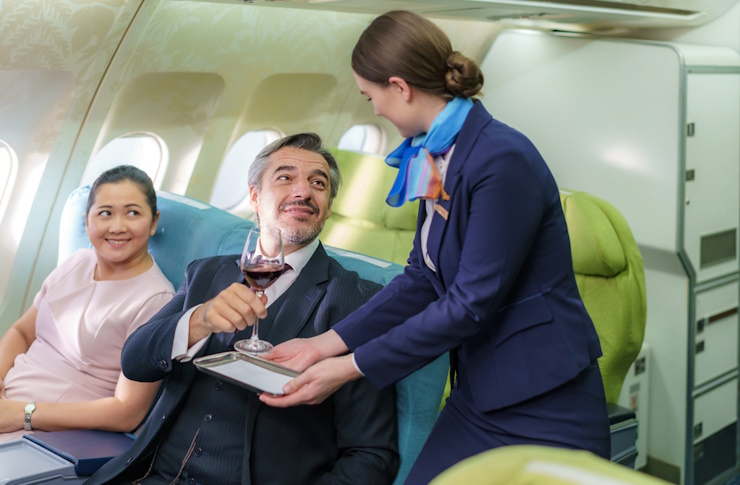Flight Attendant Jobs: Skills, Roles, and Luxury Options
A career as a flight attendant blends customer service, safety responsibility, and the chance to work in aviation across a range of settings from commercial airliners to private jet cabins. This article explains core duties, the differences between private jet and airline roles, necessary qualifications, how career paths evolve, and what working in luxury travel typically involves.

What does a flight attendant do?
Flight attendant duties center on passenger safety and comfort. On any aircraft, attendants run preflight safety checks, demonstrate safety procedures, monitor cabin conditions, and respond to medical or security issues. Beyond safety, much of the role is delivering consistent service: serving meals and beverages, providing information to passengers, and managing cabin logistics while maintaining professional calm during irregular operations.
The role mixes routine service work with unpredictable situations. Time management, clear communication, and the ability to follow strict procedures are essential. Attendants must also document incidents, coordinate with pilots and ground staff, and sometimes assist with ground duties such as boarding coordination or postflight reports.
How does a private jet cabin differ from airlines?
Private jet service is often more personalized and intimate than airline work. Private jet flight attendants typically serve smaller groups, tailor menus and service styles to individual preferences, and manage higher expectations for discretion and privacy. The cabin layout, equipment, and service flow can vary widely from one aircraft to another, so adaptability is crucial.
Operationally, private jet assignments may require attendants to handle a broader set of responsibilities—light maintenance checks, provisioning, and direct client liaison—often with less on‑ground support than commercial carriers provide. Shift patterns can be irregular, with multi-day trips, repositioning flights, and variable layovers.
What qualifications help in aviation service?
Basic entry requirements commonly include a high school diploma, proof of legal eligibility to work, and the ability to meet height and health standards specific to employers. Many carriers require completion of a safety training course such as FAA-approved initial training for U.S. airlines or equivalent national modules elsewhere, plus CPR and first-aid certification. Multilingual skills, hospitality backgrounds, and previous customer service roles strengthen an application.
Professional development in aviation extends to recurrent safety training, type‑specific familiarization for certain aircraft, and optional certifications for medical or security responsibilities. Strong soft skills—conflict resolution, cultural sensitivity, and stress management—are often as important as formal qualifications in day-to-day performance.
How to shape a flight attendant career?
Career trajectories in aviation are diverse: many start in regional or major airlines, then move into international, corporate, or private jet roles based on skill set and lifestyle preferences. Building experience in inflight service, safety leadership, and cross-cultural customer care supports upward movement toward senior cabin crew, purser, or training instructor roles.
Professional growth is best pursued through continuous skills-building: language study, advanced hospitality training, and obtaining endorsements for specialized aircraft types. Networking with peers, joining aviation professional groups, and maintaining a concise, aviation-focused resume help present verified experience—while acknowledging that availability of roles depends on market demand and hiring cycles rather than guaranteed openings.
Can flight attendants work in luxury travel?
Luxury travel places a premium on discretion, personalized service, and impeccable presentation. Flight attendants working in upscale private jet operations or premium airline cabins often manage bespoke menus, curated amenities, and close client relationships where privacy and customization are paramount. Attention to detail, a calm demeanor, and experience in high-end hospitality are key differentiators.
Luxury roles may also demand confidentiality agreements, knowledge of international etiquette, and the ability to coordinate complex ground arrangements. While the prestige and per‑flight service level can be higher, the work also involves unique pressures such as tight client expectations and irregular schedules tied to charter demands.
Conclusion
Flight attendant jobs span a wide spectrum—from high-volume commercial operations to intimate private jet service and luxury travel—each with distinct expectations for safety, service, and flexibility. Aspiring candidates benefit from formal safety training, hospitality experience, language skills, and ongoing professional development, while staying realistic about the competitive and cyclical nature of aviation hiring and scheduling.






